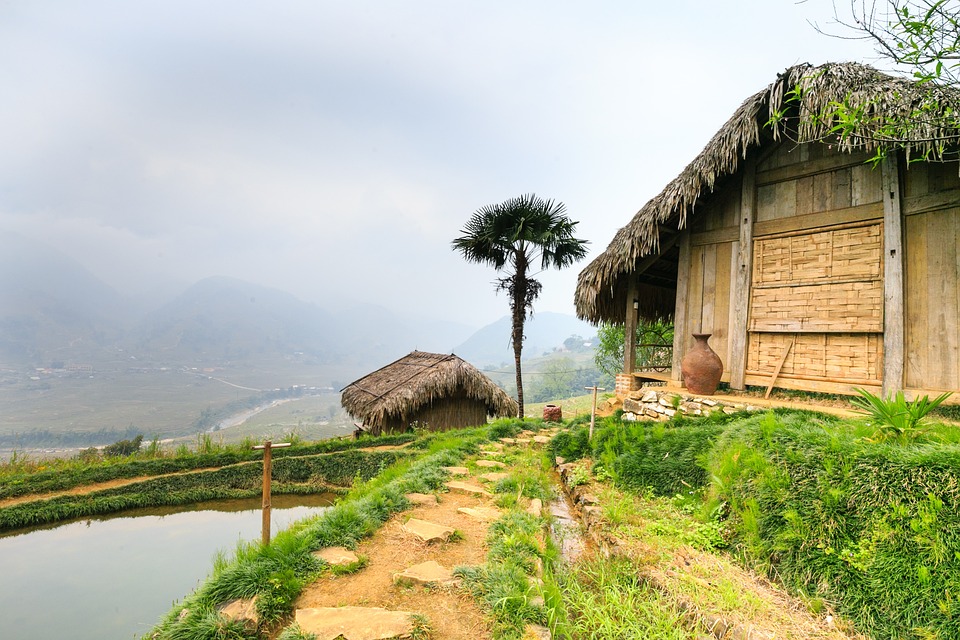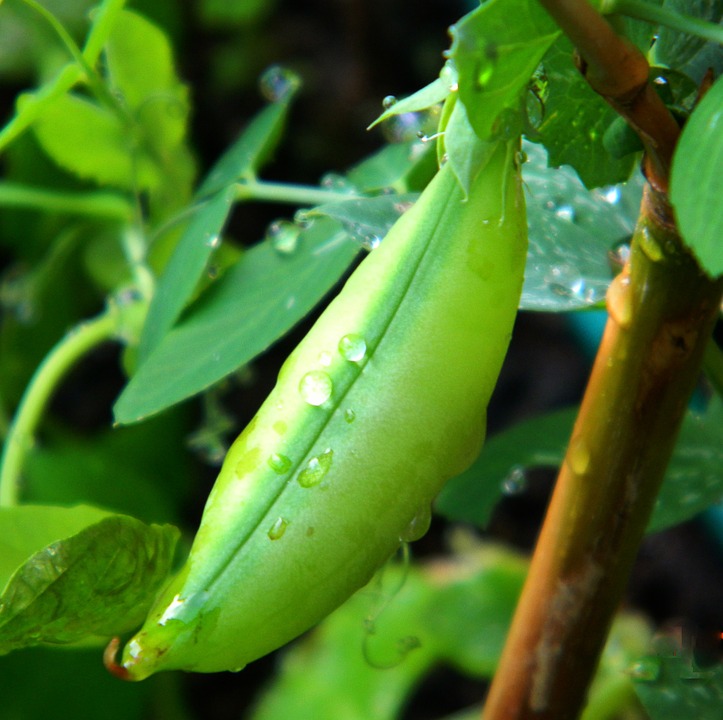Redefining Travel: How Sustainable Tourism Benefits Both Travelers and Host Communities
As I set out on my latest adventure, I couldn’t help but take a moment to reflect on the impact that travel has on both the environment and the communities that we visit. Over the years, I have dedicated myself to exploring sustainable travel options and promoting responsible tourism practices. In doing so, I have witnessed first-hand the incredible benefits that sustainable tourism brings to both travelers and host communities. In this article, I aim to redefine travel by highlighting how sustainable tourism can benefit everyone involved, from the environment to the local people, and how it can make for a more enriching and fulfilling travel experience. Sustainable tourism is a type of travel that aims to minimize the negative impacts of tourism on the environment and host communities while maximizing the benefits for both. It focuses on responsible resource management, cultural preservation, and community engagement, ultimately creating a positive impact on the destinations we visit. By choosing sustainable travel options, travelers can make a significant difference in the places they explore, leaving a positive legacy for future generations to enjoy. One of the primary benefits of sustainable tourism is the preservation of natural resources and the environment. By choosing eco-friendly accommodations, supporting local conservation efforts, and participating in responsible outdoor activities, travelers can minimize their ecological footprint and contribute to the preservation of natural landscapes and ecosystems. This not only ensures that these beautiful destinations remain intact for future generations but also provides travelers with the opportunity to immerse themselves in the natural beauty of the world in a responsible and respectful manner. Furthermore, sustainable tourism can also have a significant positive impact on host communities. By supporting local businesses, artisans, and cultural experiences, travelers can contribute to the economic development and empowerment of the communities they visit. This means that the money spent by travelers directly benefits the local economy, creating job opportunities, and helping to preserve traditional customs and heritage. Additionally, sustainable tourism encourages meaningful interactions between travelers and local residents, fostering cultural exchange and mutual understanding, which can lead to a more authentic and immersive travel experience. Pro Tips: – Look for certifications and accreditations: When choosing accommodations, activities, or tour operators, look for certifications and accreditations such as Green Globe, Rainforest Alliance, or Fair Trade Tourism. These indicate that the business meets specific sustainability criteria, ensuring that your travel choices align with responsible tourism practices. – Support local initiatives: Seek out opportunities to support local conservation efforts, community development projects, or cultural preservation initiatives. Whether it’s volunteering, donating, or simply spreading awareness, your contribution can make a significant impact on the welfare of the local community and the environment. Another crucial aspect of sustainable tourism is the promotion of responsible and ethical travel practices. This includes respecting local customs and traditions, minimizing waste and pollution, and being mindful of the cultural and environmental impact of our travel choices. By being a responsible traveler, we can minimize negative effects on the destinations we visit and contribute to the long-term sustainability of tourism as a whole. In addition to the positive impact on the environment and host communities, sustainable tourism can also enrich the travel experience for the individual. By choosing sustainable travel options, travelers can gain a deeper understanding and appreciation for the local culture, history, and environment. This, in turn, can lead to a more authentic and immersive travel experience, creating lasting memories and fostering a greater sense of connection to the places we visit. When you choose to travel sustainably, you are not only benefiting the environment and local communities but also redefining the way we experience and appreciate travel. By making conscious and responsible travel choices, you can leave a positive impact on the destinations you visit, support the well-being of local communities, and create meaningful and enriching travel experiences for yourself and others. Embracing sustainable tourism is not only a way to travel, but a way to respect and protect the world we explore. In conclusion, sustainable tourism offers a myriad of benefits for travelers and host communities alike. By choosing responsible and eco-friendly travel options, we can minimize our impact on the environment, support local economies, and create more meaningful and enriching travel experiences. As travelers, it is vital that we take the initiative to promote and embrace sustainable tourism practices, ultimately redefining the way we travel and leaving a positive legacy for future generations to enjoy. In summary, sustainable tourism not only benefits the environment, local communities, and travelers, but it also provides a more enriching and fulfilling travel experience for all involved. By choosing sustainable travel options and promoting responsible tourism practices, we can make a positive impact on the places we visit and leave a lasting legacy for future generations to appreciate. So, next time you plan a trip, consider the impact of your travel choices and opt for sustainable tourism options to make a difference in the world and create a more enriching travel experience for yourself and others.










